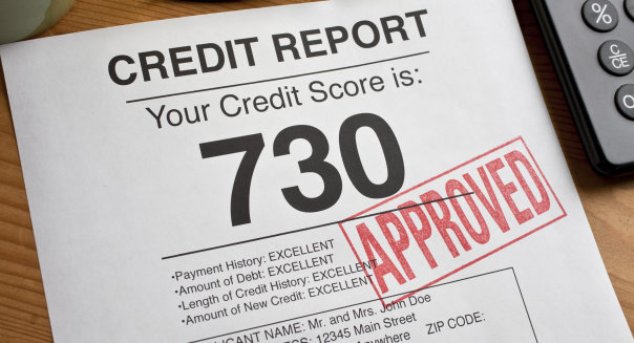Lori seems to have had bad luck with landlords. When she left her first apartment, she says she cleaned it thoroughly but her landlord charged her $1,200 for a cleaning fee. They kept her $500 security deposit toward that cost, then charged her another $675, which they turned over to a collection agency. In the second case, she had to break the lease, but she says the management of the apartment complex gave her the go-ahead due to the circumstances. Instead of the final bill she said they agreed upon, she received a letter from a collection agency demanding much more.
She's far from alone. A steady stream of questions and complaints have been posted on the Credit.com blog from renters whose security deposits were held due to what they felt were unfair or
Just like you should inspect a rental car for damage before you drive it off the lot, inspect the property you are renting before you move in.
excessive charges for repairs or cleaning. Some, like Lori, have also had additional balances turned over to collection agencies, which in turn damaged their credit.
What can tenants do to protect their security deposit and their credit?
The first step is to be proactive. Just like you should inspect a rental car for damage before you drive it off the lot, inspect the property you are renting before you move in.
“Record/video tape the first and last walk-throughs, video tape the condition of the property,” suggests Los Angeles Realtor Chantay Bridges. “Include and note any damage before and after.”
And although the lease may feel like something you just have to accept as is, be sure to read it and ask questions if you don't understand any part of it. The lease is, after all, a contract and the time to raise any issues is before you sign it, not after. (Of course if a lease violates state landlord-tenant laws, certain provisions may prove to be unenforceable.)
“Many states have addenda to the lease that have to be filled out within X number of days after move-in by the tenant, the purpose of which is to represent the condition of the house on move-in,” says Copley Broer, CEO of LandlordStation. “A huge number of tenants get caught up in moving, etc., and never fill these out; so when they move out the landlord blames damage on the tenant when that damage was already there. In reality, though, the tenant is just as responsible for ignoring a portion of the lease that they should have taken more seriously.”
If you discover any problems after you move in, make sure you share your concerns with your landlord in writing — certified mail is preferred — and keep a copy of your letter for your records.
If you believe the problem jeopardizes your health or safety, you may want to get a third party involved. “A tenant can request an inspection by the local housing department,” says Washington D.C.-based attorney Thomas J. Simeone. “Those inspections often result in an order to the landlord
In most cases, landlords can't keep a security deposit to cover the cost of normal wear and tear.
to make repairs that the landlord has refused to make. Not only does this provide a more habitable premises, it also avoids any claim that the (damage was) caused by the tenant.”
Before You Move Out: Before you leave, ask the landlord to be present for a final walk-through and get a signed copy of a list of needed repairs, if any. Photos and/or video are a good idea here as well.
And if you did ruin part of the carpet or put a hole in the wall? Own up to it and document it. “A tenant should document (damage) done to the property during the tenancy — both due to the tenant and to other causes,” says Simeone. “This will ensure that the tenant is fairly charged for damage it caused and nothing more.”
Read more: How to Protect Your Credit From Unscrupulous Landlords



